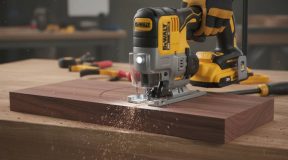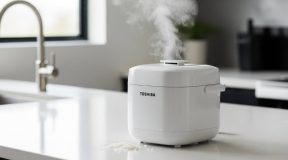When it comes to your home heating appliances, from towel radiators to kitchen radiators, to radiators in your bedroom, safety should be the number one priority. Unless you’re a plumber, you might not know the true ins and outs of how your radiator functions and what you should and shouldn’t do in terms of keeping you and those in your home as safe as possible. Don’t worry, we have you covered. Follow these 4 top tips that will help you implement radiator safety, so you can ensure that those in your environment remains safe at all times.
Tip 1: Bleed your Radiator
Bleeding your radiator when required is one key way in which you can ensure that those in your home remain safe. Most heating systems will have the ability to be bled, and most will need bleeding. As your radiator is off within the warmer months, it is likely it will need bleeding when you turn it on in the winter months. Bleeding your radiator is an essential process where you will need to release the air trapped inside that is prohibiting the circulation of warmth. Bleeding your radiator is very important as it won’t only increase your energy bills to heighten, but it can lead to your radiator making a rattling sound, which can cause in leakages and even pipes bursting. Ensure you bleed your radiator when required and you will be able to ensure your home remains safe.
Tip 2: Ensure Your Radiator is Unobstructed
By keeping your radiator obstruction free, the heat can spread through your room evenly, while also reducing the chances of furniture getting damaged. If your radiator is obstructed, the chances of a fire hazard occurring are exceptionally high.
Tip 3: Handle Radiators with Care
Radiators should always be handles carefully. This goes for piped and electric radiators alike. Since radiators can heat up quickly, if handled at the wrong time, you may get burnt. Additionally, you should keep your radiators away from flammable surfaces to increase levels of safety within your home. Turn off your radiators when they aren’t in use for increased levels of safety.
Tip 4: Service Your Radiator Regularly
Radiator maintenance, or the lack of, can be one of the main hazardous causes within your home. Regular maintenance check-ups are important, which is why you should get your radiator serviced at least once a year. When you get your radiator serviced this will involve an inspection of the plumbing, as well as any obstructions within your radiator. Additionally, servicing a radiator will allow you to assess whether any rusting or corrosion has occurred, reducing the risk of leakages or explosions within your home. If a radiator remains unchecked for too long, there is a real risk of injury, or even death, to those in the vicinity.
By following these 4 top tips, you can ensure your home remains safe, all year long, while enjoying the warmth of your radiator within your home.




